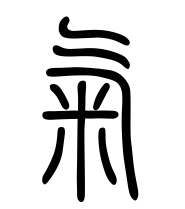The Essence of Qi in Traditional Chinese Medicine: Understanding Vital Energy
Traditional Chinese Medicine (TCM) offers a holistic approach to health and wellness, with "Qi" (pronounced "chee") being one of its foundational concepts. Qi is often translated as "life force" or "vital energy," and it is believed to flow through the body, sustaining physical and mental well-being. In this comprehensive guide, we delve into the intricacies of Qi, exploring its significance, how it is understood in TCM, and its practical applications for maintaining health. This blog aims to provide valuable insights for those seeking to understand TCM and its core principles.
What is Qi in Traditional Chinese Medicine?
Qi is a central concept in Traditional Chinese Medicine, representing the vital energy that circulates through the body. It is considered the essence of life, permeating every aspect of existence. In TCM, Qi is not only seen as a physical force but also a spiritual and emotional one, integral to the balance and harmony of the body and mind.
Common Misconceptions About Qi
Despite its importance in TCM, Qi is often misunderstood. Some common misconceptions include:
Qi is a mystical or supernatural force: Qi is a natural, vital energy that can be influenced by lifestyle and environmental factors.
Qi is only relevant to TCM: While Qi is a key concept in TCM, similar ideas exist in other cultures and medical systems, such as prana in Ayurvedic medicine.
Qi cannot be measured: While Qi itself may not be directly measurable, its effects on the body can be observed and studied through various scientific methods.
The Types of Qi in the Human Body
In TCM, Qi is categorized into several types, each serving a specific function in the body. The main types of Qi include:
Yuan Qi (Original Qi): This is the congenital Qi inherited from our parents. It is stored in the kidneys and is considered the root of all other types of Qi.
Zong Qi (Gathering Qi): Derived from the air we breathe and the food we eat, Zong Qi is stored in the chest and is crucial for respiratory and circulatory functions.
Ying Qi (Nutritive Qi): Circulating in the blood vessels, Ying Qi nourishes the organs and tissues.
Wei Qi (Defensive Qi): This type of Qi protects the body from external pathogens and is involved in immune responses.
The Flow of Qi: The Meridian System
Qi flows through the body along specific pathways known as meridians or channels. These meridians connect the internal organs with the external environment and play a crucial role in maintaining health. There are twelve primary meridians, each associated with a specific organ system, and eight extraordinary meridians that regulate and balance the flow of Qi throughout the body.
Balancing Qi: The Key to Health
In TCM, health is defined as the harmonious balance of Qi within the body. Imbalances or blockages in the flow of Qi can lead to various health issues. TCM practitioners use several techniques to restore and maintain the balance of Qi, including acupuncture, herbal medicine, tai chi, and qi gong.
The Role of Acupuncture in Regulating Qi
Acupuncture is one of the most well-known TCM practices for regulating Qi. By inserting fine needles into specific points along the meridians, practitioners can stimulate the flow of Qi and correct imbalances. Research has shown that acupuncture can be effective in treating a variety of conditions, from chronic pain to anxiety.
The Practice of Tai Chi and Qi Gong
Tai Chi and Qi Gong are ancient Chinese practices that combine physical movement, breathing techniques, and meditation to cultivate and balance Qi. These practices are not only beneficial for physical health but also for mental and emotional well-being.
Herbal Medicine and Qi
Herbal medicine is another cornerstone of TCM, used to support and enhance the flow of Qi. Different herbs are prescribed based on their properties and their ability to influence Qi. For example, ginseng is known to tonify Qi, while astragalus is used to boost Wei Qi and strengthen the immune system.
Diet and Qi: The Importance of Nutrition
In TCM, diet plays a significant role in maintaining the balance of Qi. Foods are categorized based on their energetic properties and their ability to influence Qi. For example, warm foods like ginger can enhance Yang Qi, while cooling foods like cucumber can help regulate excess heat in the body.
Emotional Health and Qi
Emotional well-being is intricately linked to the flow of Qi. Negative emotions such as anger, fear, and sadness can disrupt the balance of Qi, leading to physical and mental health issues. TCM emphasizes the importance of managing emotions and maintaining a positive outlook to ensure the smooth flow of Qi.
Practical Tips for Enhancing Qi
To maintain and enhance the flow of Qi, consider incorporating the following practices into your daily routine:
Regular Exercise: Engage in activities like Tai Chi, Qi Gong, or yoga to promote the flow of Qi.
Balanced Diet: Eat a variety of foods that support Qi, focusing on fresh, whole foods.
Mindfulness and Meditation: Practice mindfulness and meditation to reduce stress and balance your emotions.
Adequate Rest: Ensure you get enough sleep and rest to replenish your Qi.
Acupuncture and Herbal Medicine: Consult a TCM practitioner for personalized acupuncture treatments and herbal remedies.
Conclusion: Embracing the Concept of Qi for Holistic Health
Understanding and embracing the concept of Qi can lead to a more holistic approach to health and wellness. By recognizing the importance of balancing Qi, we can take proactive steps to enhance our physical, mental, and emotional well-being. Whether through acupuncture, herbal medicine, or mindful practices like Tai Chi and Qi Gong, nurturing our Qi is a path to achieving harmony and vitality.
If you're interested in experiencing the benefits of acupuncture firsthand, visit Santa Clara Acupuncture & Functional Medicine for personalized care and expert treatment.
Our skilled practitioners are dedicated to helping you achieve optimal health and wellness. Contact us today to schedule your consultation and start your journey toward a balanced and healthier life!
Santa Clara Acupuncture & Functional Medicine
2100 Forest Ave, Ste101, San Jose, CA 95128
408.707.4912
We accept HSA, FSA, insurance
Submit Insurance Form to check your acupuncture benefits.


